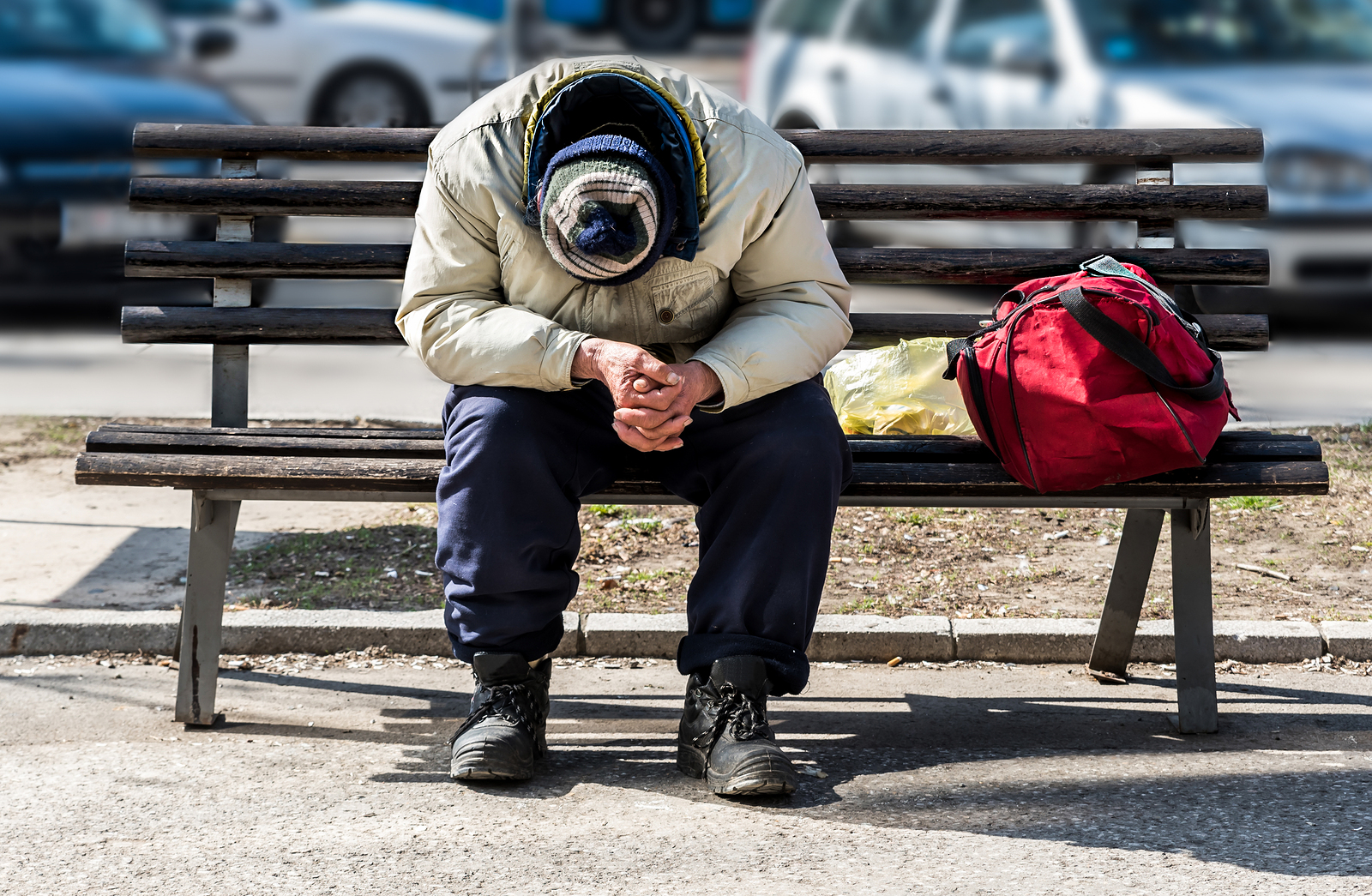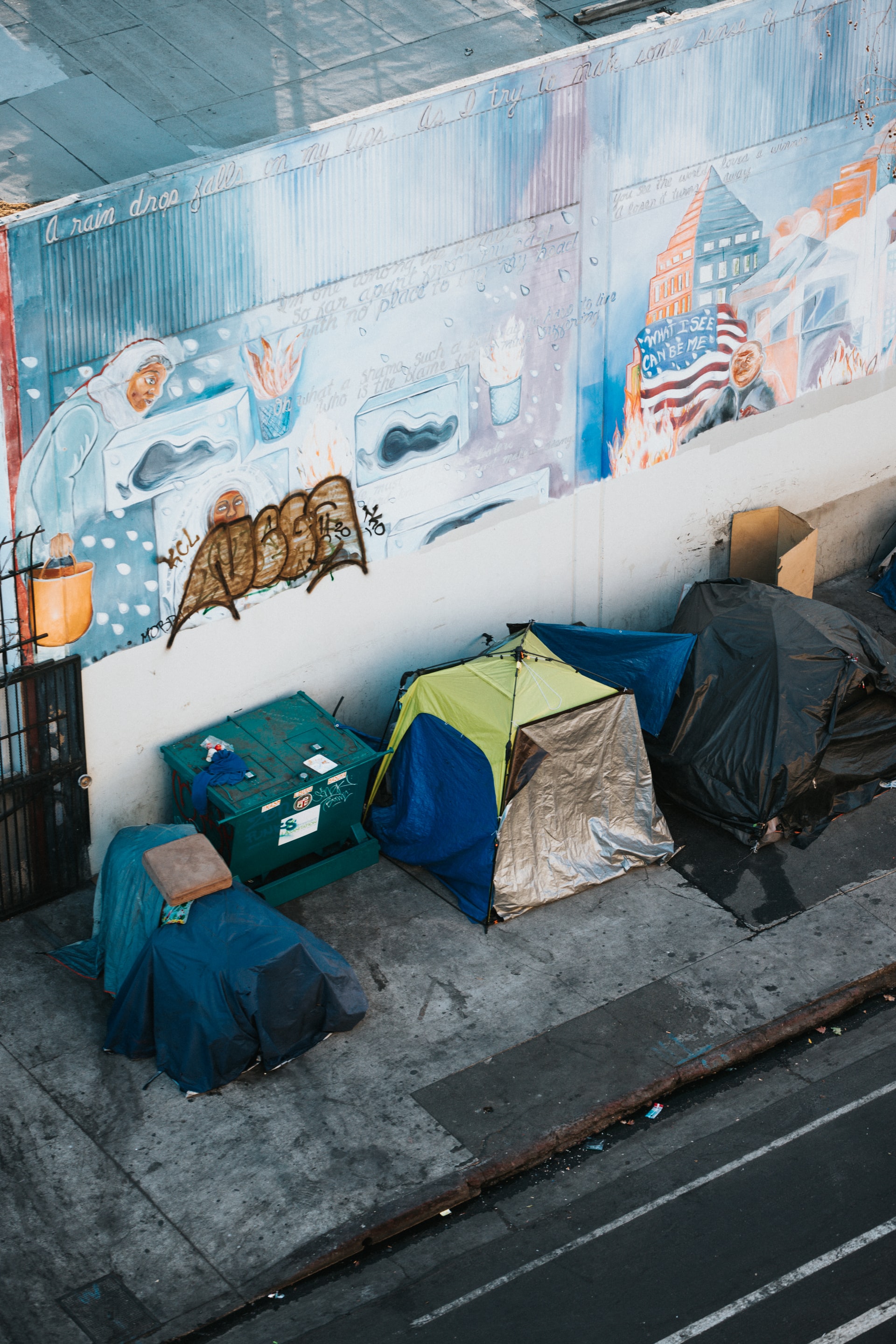On July 31, the federal government ended its nationwide eviction moratorium. It left over 197,000 million people in Colorado without guaranteed secure housing. On August 4, they reinstated an extension through October 3. Yet, due to the five-day lapse, millions of renters nationwide still hang in the balance. Due to the long-term economic impact of the pandemic, folks are still behind on their rent payments. Today Denver faces one of the most severe homelessness crises in the country — 203 out of every 100,000 residents face homelessness.
Additional disparities within Denver’s homeless population persist with an overrepresentation of BIPOC folks. In Denver, Native Americans remain one of the groups most vulnerable to experiencing homelessness. Currently, Native Americans make up less than 1% of Denver’s total population. However, this demographic makes up 5% of Denver’s homeless population, meaning they are disproportionately represented.
READ: How Denver Is Failing to Address the Housing Crisis
Causes Of Native American Homelessness In Denver
Across the country and in Denver, the leading cause of homelessness is the lack of affordable housing. However, Native Americans in Denver also experience culturally specific barriers to affordable housing. This includes challenges to accessing federal housing programs, which are often the result of occupancy restrictions and system overload.
Richard Martel, a Canadian Cree, former program coordinator for the Native American Talking Circle at Colorado Coalition for the Homeless and cited expert on Native American homelessness, described several additional factors. Martel says Native Americans are more likely to experience homelessness as an entire family than as an individual compared to other racial minorities. Native Americans are also more likely to experience multi-generational homelessness, which results from a multi-century legacy of forced uprooting and relocation. Additionally, social differences exist between urban living centers and tribal communities which can cause an unsafe living environment.
Native Americans also face typical barriers to affordable housing. like a lack of a living wage due to low-paying wage work. Many in this community live paycheck to paycheck, thus they are unable to save for emergencies. One emergency or missed paycheck is all it takes for someone to lose secure housing. Also, the end of affordable housing term limits can result in skyrocketing rents.
During the pandemic, homelessness in Denver grew at an unsettling pace. Native Americans in Denver are among the communities who suffered most from it. For some, homelessness can look like moving between shelters or “couch surfing” with friends and family. For others, it can mean living outdoors.
Impact Of Experiencing Homelessness In Denver

Native Americans who experience homelessness in Denver face detrimental impacts on their ability to access housing, health, education and employment. Harsh weather conditions, street sweeps, lack of steady access to food and water and risks of violence are only some of the obstacles Natives experiencing homelessness can face on a daily basis.
Additionally, Native Americans who access shelters still face systemic and cultural obstacles to rehousing and employment. According to the Denver Indian Family Resource Center, differences in social customs and implicit bias in hiring processes create additional barriers to stable housing and long-term employment.
Homelessness creates a host of conditions, including those aforementioned, that lend themselves to traumatic experiences. As a result, people who experience homelessness are likely to develop serious physical and mental health conditions once they become homeless. According to Colorado Access, a nonprofit that specializes in providing personalized care with community partners, Native Americans who experience homelessness are at high risk for developing anxiety, depression and other chronic illnesses.
Community-Oriented Solutions
Right now, many organizations and coalitions continue to dedicate time and resources to solutions. Colorado Coalition for the Homeless, Denver Indian Health and Family Services and Denver Indian Family Resource Center are among the organizations focused on providing comprehensive services to Native individuals and families experiencing homelessness. Placing an emphasis on access to health care remains important to these organizations. Native Americans facing homelessness often lack access to health care, which can lead to dramatically worsened health. Generational trauma combined with the trauma of homelessness opens up a host of chronic health problems.
Due to the pandemic, telehealth appointments replaced in-person care. Unfortunately, most people experiencing homelessness lack the technology needed to access telehealth. In 2021, Colorado Access worked with several shelters in Denver to find a solution. They provided the technology and physical rooms necessary to access telehealth appointments.
Culturally Competent Care
Additionally, Colorado Access designated funding for the Colorado Coalition for the Homeless. They hired Paloma Sanchez, a Native American caseworker.
Colorado Coalition for the Homeless has a Native American Services branch designed to provide culturally competent care for the Native homeless population in the state. Culturally competent care refers to the ability of health care professionals to have social competence towards patients and clients with diverse backgrounds, values and beliefs. Within the Native American homeless population, culturally competent caseworkers have a strong knowledge of various tribal attitudes, beliefs and customs that could affect how someone receives care. It instills further trust between an individual and a health care professional.
“There is not a day that goes by where I do not receive a request to work with an unhoused Indigenous person who has a strong desire to work with someone who understands their history, cultural protocols, traditions and beliefs. By having this knowledge and being from this community, I can provide cultural and spiritual support, as well as informed advocacy,” said Sanchez.






Richard Martel hasn’t been our program coordinator for TC for 6 years. Our program coordinator is Teresa Bernie.
Paloma,
Thank you for sharing this information. The article has been corrected to reflect an accurate time frame.